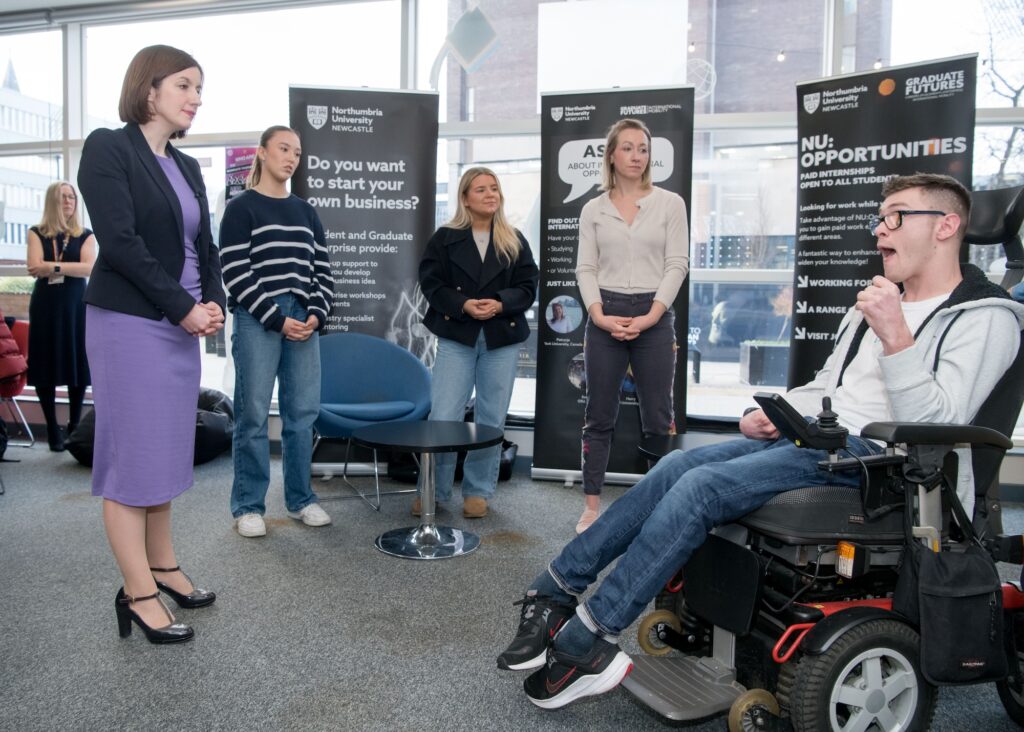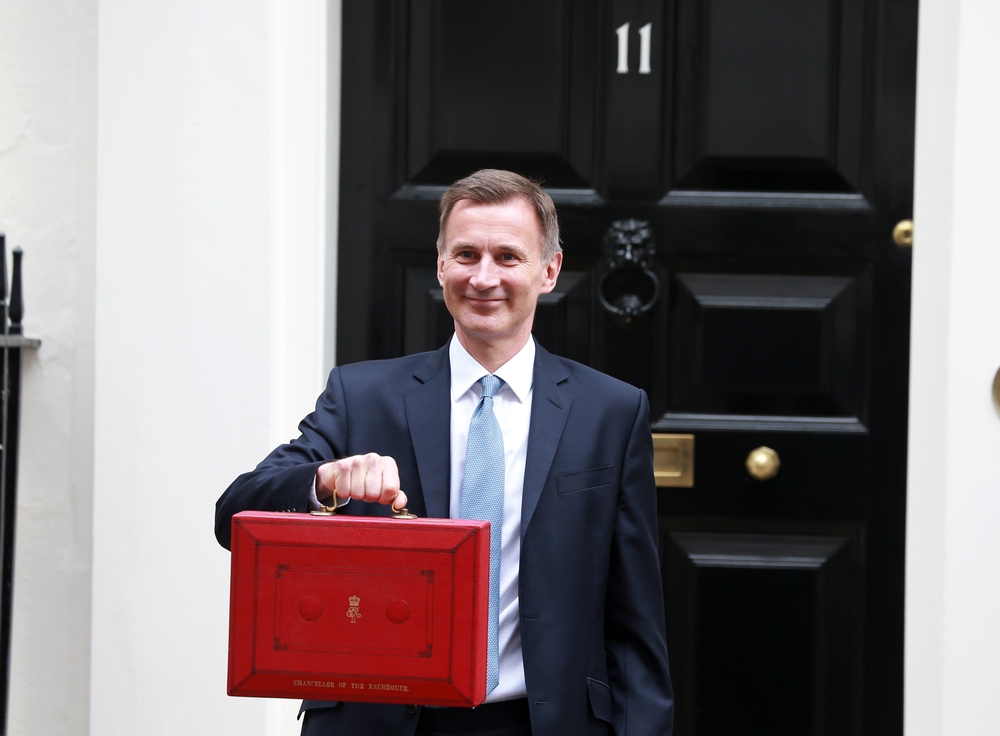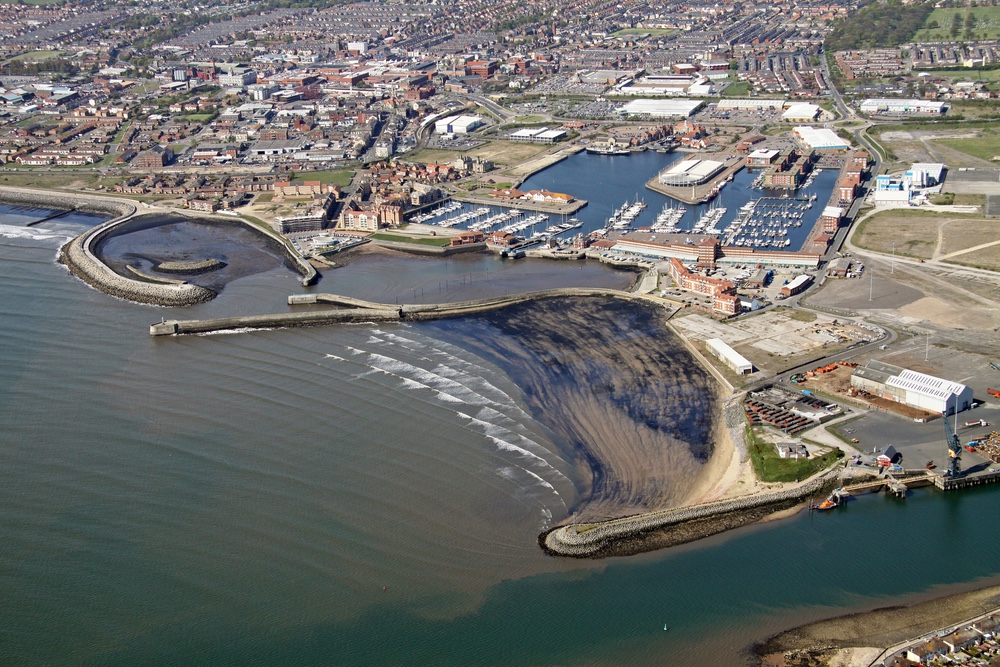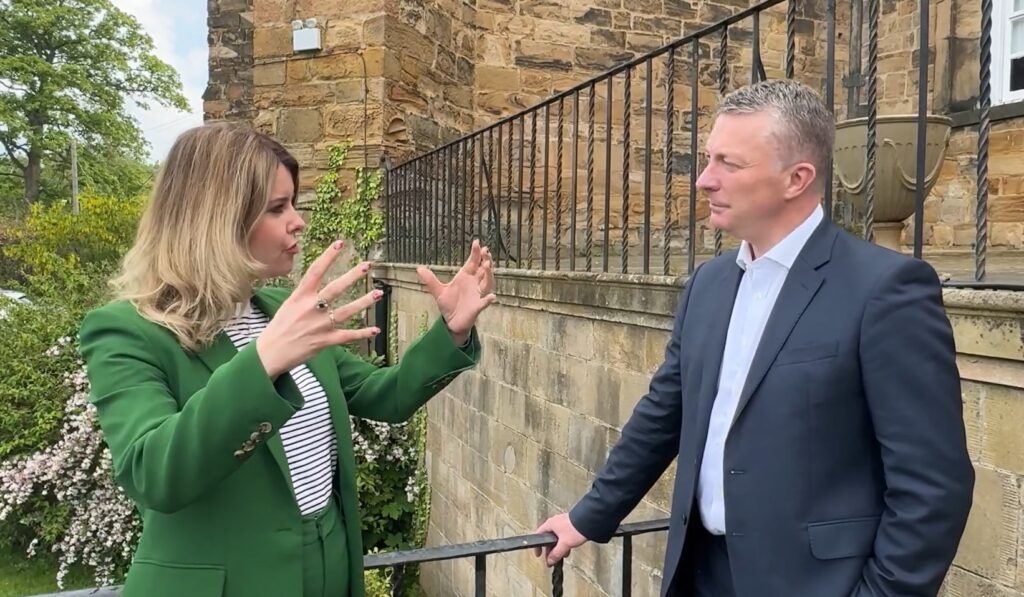
There are lots of different ways to talk about what’s possible in policymaking.
Perhaps the policy agenda is a container ship which takes years to turn.
Or your preferred policy is a raft sat on the water’s edge. You’ve done the work gathering all the pieces and lashing them together, and now you’re just waiting for the tide to come in.
Or, maybe, policymaking is crazy golf and you’re trying to time your shot to get your ball past the whirling blades of a miniature windmill.
It was fair to expect some tilting at windmills with the next government, given both major parties have defined themselves by their enemies and what they aren’t as much as what they are.
Changing faces and changing priorities do change the policy environment, but getting stuff done will remain as much about luck and timing as it is about process and hard work.
There’s a well-established concept called the ‘Overton Window’, which describes how policies which are initially considered unthinkable or radical by the public slide through acceptability on their way to being perceived sensible and ultimately popular.
The idea is that this fairly narrow window of what seems possible can actually be more important than what politicians really think.

It can take a long time and a lot of effort to bring something from outside of the window to inside of it.
In the North East, for example, devolution took 20 years from the rejected North East regional assembly to the arrival of an elected mayor this May.
Nationally the minimum wage was a Labour policy for 12 years before they came to power and passed the National Minimum Wage Act in 1998.
Big social issues too. Same-sex marriage was a matter of protest, campaigns and court cases for decades, through rejection, civil partnerships and finally recognition with the Marriage (Same Sex Couples) Act 2013.
- Read more: Why new government must act fast to drive change
- Read more: More success fighting unscrupulous energy brokers
Change is difficult, and it often takes a long time and much perseverance.
This General Election campaign has been about change.
Both major parties promised to do things differently, and for Labour, that one word ‘Change’ was their slogan and the defining characteristic of their messaging.
But, it’s difficult to gauge what that will look like in practice.

According to polling firm Ipsos Mori the top issue for the public is the NHS, followed by the economy, immigration and inflation.
All the parties, as you’d expect, made manifesto promises around those issues.
However, when polling from YouGov suggests 74 per cent of people in the North think political parties go back on most or all of those promises, the weight of those manifestos is limited.
Are we, then, heading for a situation where we have a new government with a large majority, but with a paper-thin mandate for genuine change?
If the public don’t know what’s being proposed, or believe the promises if they do, it will limit what’s possible.
The reason for this comes back to the Overton Window.
If a government has aspirations for significant change, they’ll need policies which sit outside the norm.
However, there’s a risk that one of two things can happen.
Either, you limit the change you’re seeking to what feels plausible — the acceptable, sensible things which sit just outside the policy window as it stands. This means smaller, incremental change.

Or, you propose something genuinely new and different, but it sits farther away from the window of plausible policy, so the public consider it unthinkable or too radical.
Doing that means putting in the groundwork to shift those ideas into the mainstream and, given the upheaval of the last few years, voters can be forgiven for being quite risk averse.
Going back to YouGov’s polling on the manifestos, two-thirds of voters in the North (66 per cent) thought the Conservatives’ manifesto was unrealistic and 61 per cent thought it unaffordable.
Labour didn’t fare much better, with 45 per cent of Northern voters thinking their manifesto unrealistic, and the same number thinking it unaffordable.
In those figures, Northern voters were slightly more cynical of the Conservatives than the UK average, and slightly less so of Labour.
Again, this can be forgiven.
Levelling Up is a perfect example of a well-meaning policy project, with broad support, hamstrung by blinkered thinking and lack of groundwork.
Its failings have left people in the region feeling like their fingers have been burned.

For a decade and a half, successive Prime Ministers and their cabinets have confused announcing policies with delivering them.
On issues like housebuilding, planning reform, renewable energy, the phase out of fossil-fuel cars, high speed rail and T-Levels, there have been u-turns, slowdowns and the re-framing of targets.
Getting headlines and shouting the big numbers — whether that’s hundreds of thousands of new homes, or hundreds of millions of infrastructure investment — is easy; delivering genuine change is hard.
This column has touched previously on the importance of a strong North East regional voice, and the role of the business community in that.
- Read more: Scientists discover glaciers in meltdown
- Read more: North East Tech in 2024 so far
If the Labour government wants to make a genuine difference in the lives of people living in places like the North East, they need to hear that regional voice and bring people with them.
On poverty, health, transport, housing, skills and almost everything else, the policy actors which will make the most tangible difference are those at a local level.
In fact, the purpose of devolution is to make those connections and put an end to policymaking which is done to the North East, instead of with it.
Labour will undoubtedly — and probably legitimately — claim a significant mandate for change.
But, it won’t be a mandate for a return to centralised decision-making.

And it won’t by itself shift the Overton Window of what appears possible to the public or to local and regional policymakers made weary by years of budget cuts and buffeting by changing priorities.
The route to genuine change in places like the North East lies through collaboration.
Collaboration with the local policymakers who know their patches best.
Collaboration with the local business community which will be creating jobs and investing in their staff.
Collaboration with local anchor institutions like our universities and NHS Trusts, who employ thousands of people, support thousands more through their local spending, and are hotbeds of original thinking and tangible improvement in people’s lives.
Labour must resist the temptation to be in broadcast mode, and have the dial well and truly set to receive.
For this region, Westminster might be able to set the priority areas and bring the weight of central government down on a problem, but the solutions — if they are to genuinely change anything — have to be authentically of the North East.
That has to start now.











